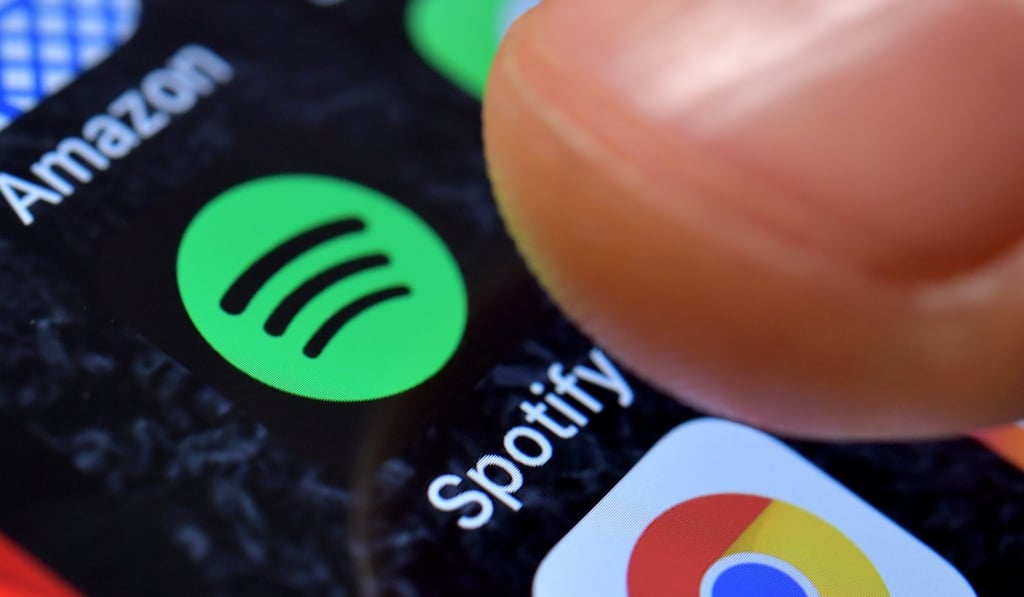Tencent fends off Spotify, Apple in China’s battle for streaming and music downloads
Asia’s biggest internet company wants to capitalise on digital-music sales in mainland China that are expected to surge 88 per cent within four years

One of China’s most-anticipated initial public offerings next year may be music to the ears of Tencent Holdings investors because of its potential to drown out any noise Spotify and Apple Music want to make in the biggest market.
Tencent Music, a streaming and downloading service, is expected to raise at least US$1 billion and is valued at US$10 billion, people familiar with the matter have said, with no decision yet on which exchange it would list on. Underpinned by three separate platforms, Tencent Music already has twice as many paying customers as Spotify.
Asia’s biggest internet company wants to capitalise on digital-music sales in mainland China that are expected to surge 88 per cent within four years, according to PwC. Apple Music debuted in 2015, yet most smartphones bought in China use the Android operating system, and Spotify hasn’t announced plans to expand there.
Tencent also has the advantage of an octopus-like business where one arm – music sales and streaming – can benefit from others such as the WeChat messaging app, a video-streaming site, a karaoke app and content-licensing deals with more than 200 international and domestic record companies.
“Tencent Music has a dominant status in China,” said Li Yujie, an analyst with RHB Research Institute in Hong Kong. “It would make sense to spin off the unit, allowing it to create strategic alliances and unlock value for investors. It could be one of the most-anticipated IPOs next year.”
